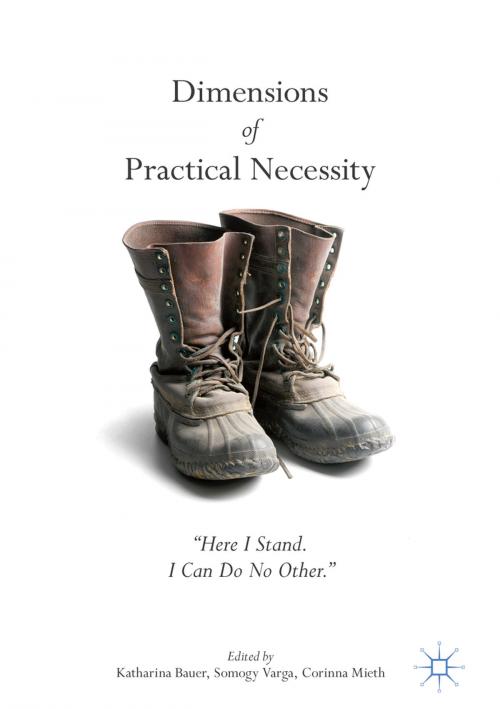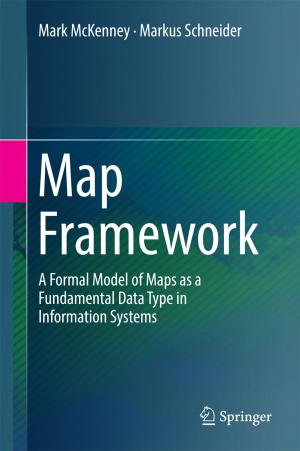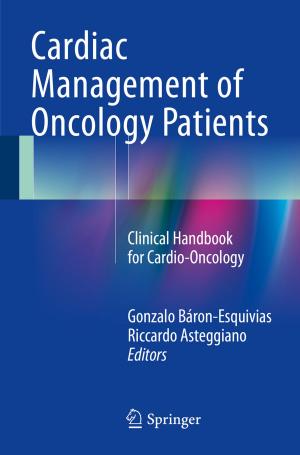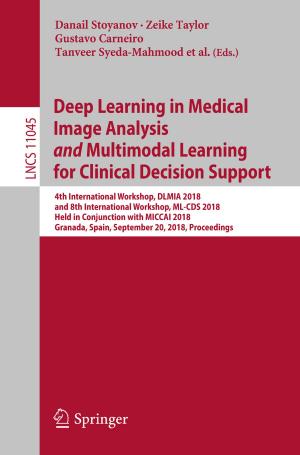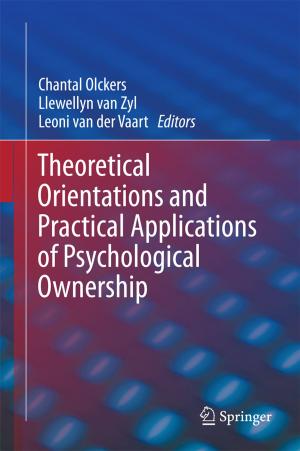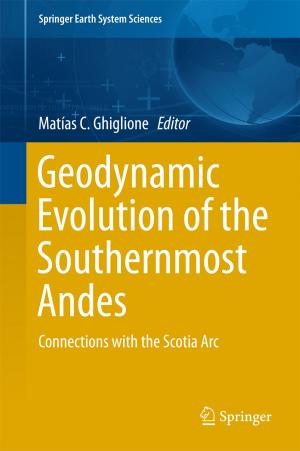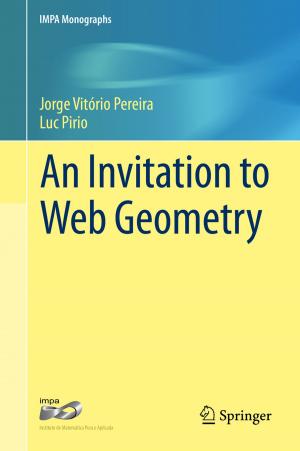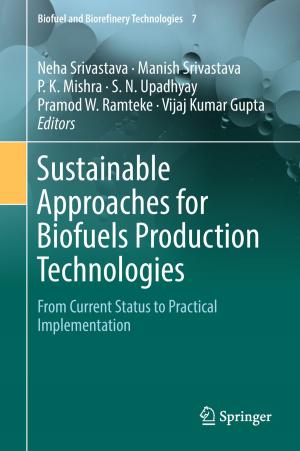Dimensions of Practical Necessity
“Here I Stand. I Can Do No Other."
Nonfiction, Religion & Spirituality, Reference, Psychology of Religion, Philosophy, Ethics & Moral Philosophy| Author: | ISBN: | 9783319523989 | |
| Publisher: | Springer International Publishing | Publication: | April 20, 2017 |
| Imprint: | Palgrave Macmillan | Language: | English |
| Author: | |
| ISBN: | 9783319523989 |
| Publisher: | Springer International Publishing |
| Publication: | April 20, 2017 |
| Imprint: | Palgrave Macmillan |
| Language: | English |
This collection of essays provides the first systematic investigation of practical necessity and offers novel perspectives on this intriguing phenomenon. While debates on necessity often take place in the realm of metaphysics, there is a form of necessity that is pertinent to practical philosophy. “Here I stand. I can do no other,” a phrase habitually attributed to Martin Luther, is often interpreted as revealing underlying normative reasons that exhibit a special kind of necessitating force, experienced as an inescapable constraint by the agent. However, one of the features that make this phenomenon so fascinating is that this constraint is often deciphered as stemming from a form of necessitation that articulates the agent’s autonomy or practical identity. Luther’s saying serves as a leitmotif for an exploration of different claims and challenges related to practical necessity. As the complex philosophical investigations are based on familiar, everyday experiences the book is accessible to any academic readership.
This collection of essays provides the first systematic investigation of practical necessity and offers novel perspectives on this intriguing phenomenon. While debates on necessity often take place in the realm of metaphysics, there is a form of necessity that is pertinent to practical philosophy. “Here I stand. I can do no other,” a phrase habitually attributed to Martin Luther, is often interpreted as revealing underlying normative reasons that exhibit a special kind of necessitating force, experienced as an inescapable constraint by the agent. However, one of the features that make this phenomenon so fascinating is that this constraint is often deciphered as stemming from a form of necessitation that articulates the agent’s autonomy or practical identity. Luther’s saying serves as a leitmotif for an exploration of different claims and challenges related to practical necessity. As the complex philosophical investigations are based on familiar, everyday experiences the book is accessible to any academic readership.
